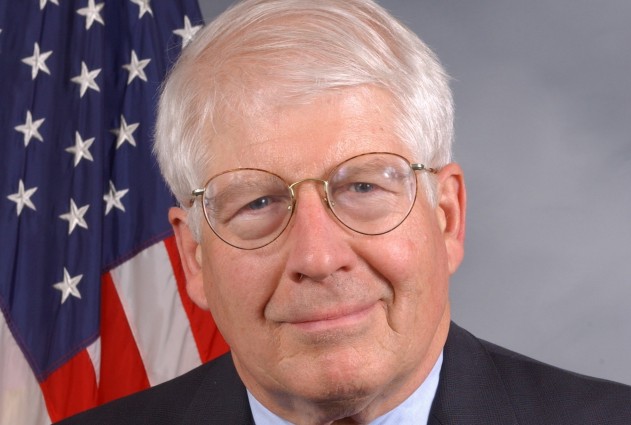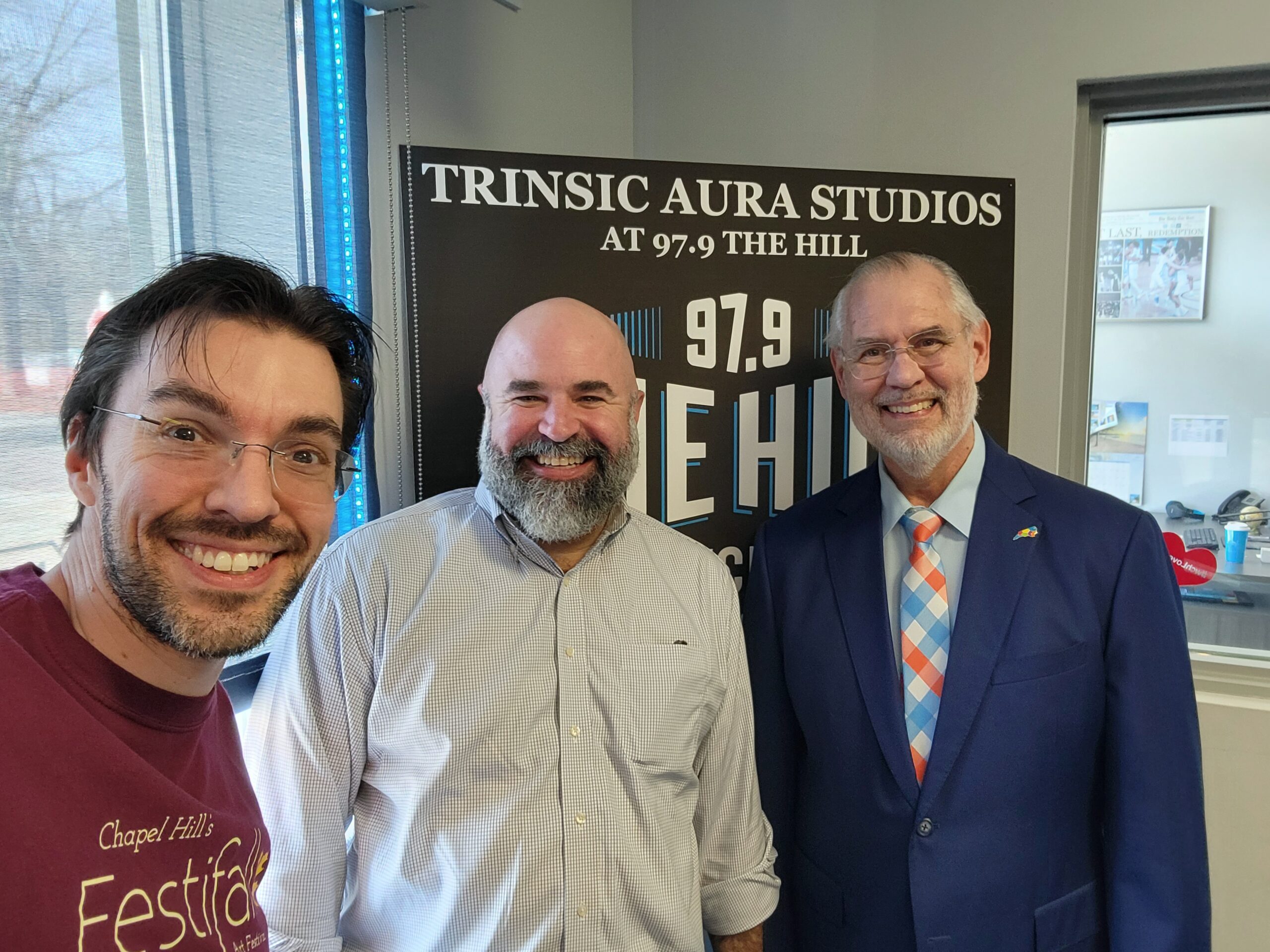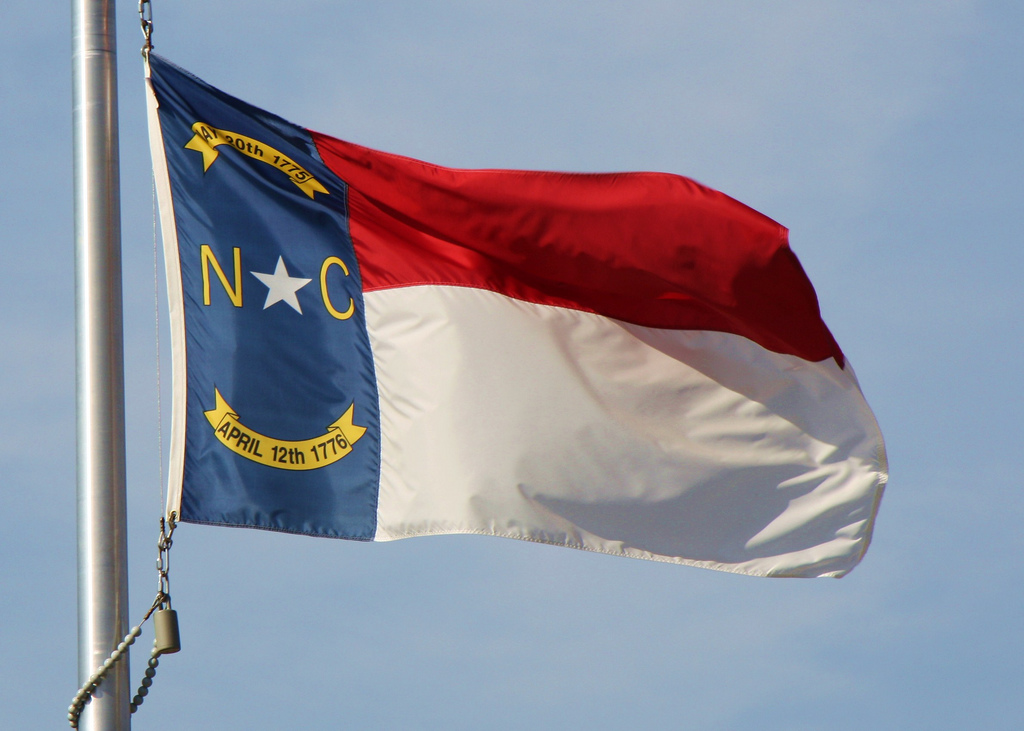Across the nation and here in North Carolina, the unemployment rate has been in decline, a fact that has many cautiously optimistic about the economy.
But U.S. Congressman David Price (D) of Chapel Hill says not so fast.
“Has the number of jobs, and people filling jobs, actually increased?” he says. “The answer is no.”
And he says that means federal and state government still has to be active in aiding both the economy and those individuals struggling to find a job.
“We’re still stalled here in this economy – you still have three people seeking (work) for every job that’s available – and so people still need this support system to go after these jobs,” he told WCHL last week, shortly after attending a pair of roundtables on unemployment at Wake Technical Community College in Raleigh.
“These folks are really, really wanting to work…(and) I’m hopeful that eventually they’ll succeed, but the notion that you help them by pulling the safety net out from under them is just preposterous.”
At those roundtables, Price met with instructors and students in the school’s Human Resources Development program, which provides career advice and job skills training for students who need it.
“This is a group of people who have good training (and) good job backgrounds,” he says. “The group that I talked to was remarkable in that respect – but yet also remarkable in just not being able to penetrate this job market.”
Price says that’s why he’s currently urging both the federal government and the state government to extend unemployment benefits for those out of work. North Carolina legislators cut unemployment benefits last year, a move that also disqualified the state from receiving federal Emergency Unemployment Compensation as well. And at the federal level, Congress too is currently debating whether to extend unemployment benefits.
Price, along with a majority of Democrats, says it should be done.
“I don’t think there’s any question (about that),” he says. “Never – never – in a period of unemployment this severe have benefits been yanked at this point.”
Republicans in North Carolina point to the state’s declining unemployment rate as evidence that cutting benefits has motivated people to get back to work. But Price says the attendees at last week’s forum said otherwise—and he says the numbers seem to indicate that if anything, cutting benefits has actually motivated people to drop out of the job market altogether.
“The unemployment program requires you to seek work and keeps you plugged in to the employment security system,” he says. “One economist (at the roundtable) who has studied the trends said that the number of people seeking work actually went down when the unemployment benefits were discontinued…
“In other words, far from making people go out and look for a job more diligently, it seemed to have the opposite effect: it just discouraged people and caused them to drop out.”
North Carolina’s labor force shrank in 2013 by about 111,000 workers; about half of that came after the benefit cuts took effect in June. The state only added about 13,000 new jobs in 2013, but it did add more than 41,000 in the second half of the year after a drop from January to June.






Comments on Chapelboro are moderated according to our Community Guidelines